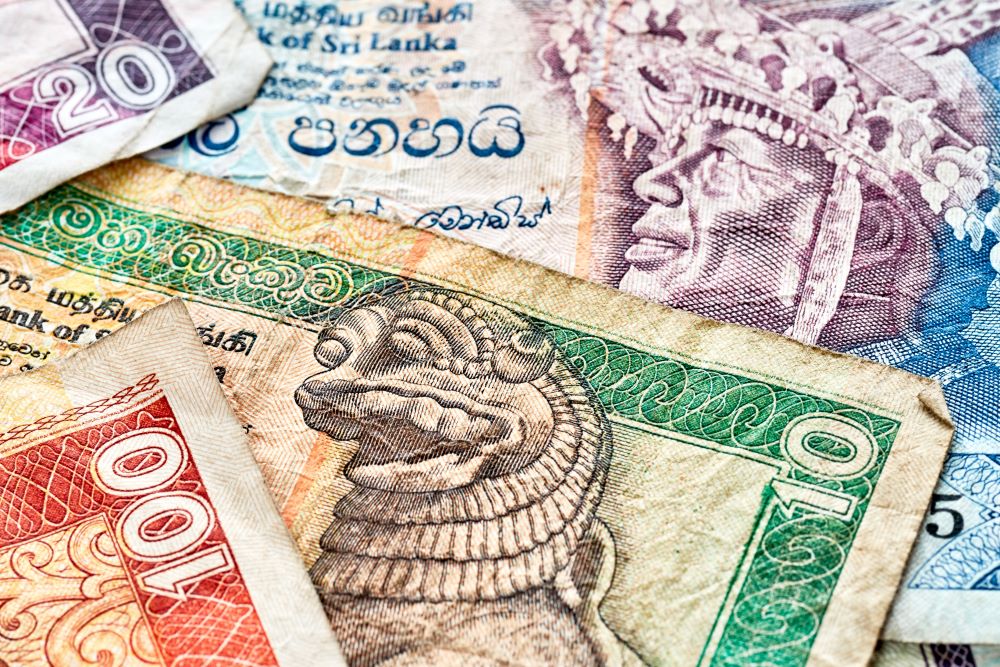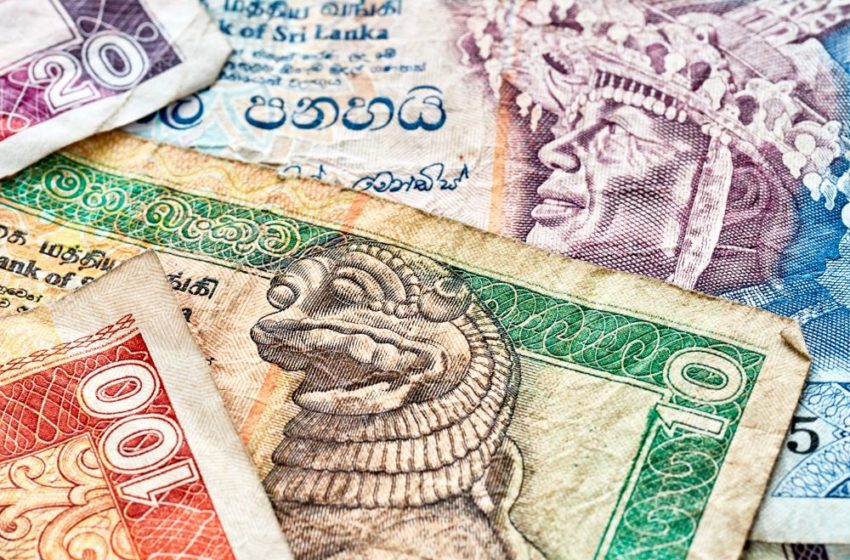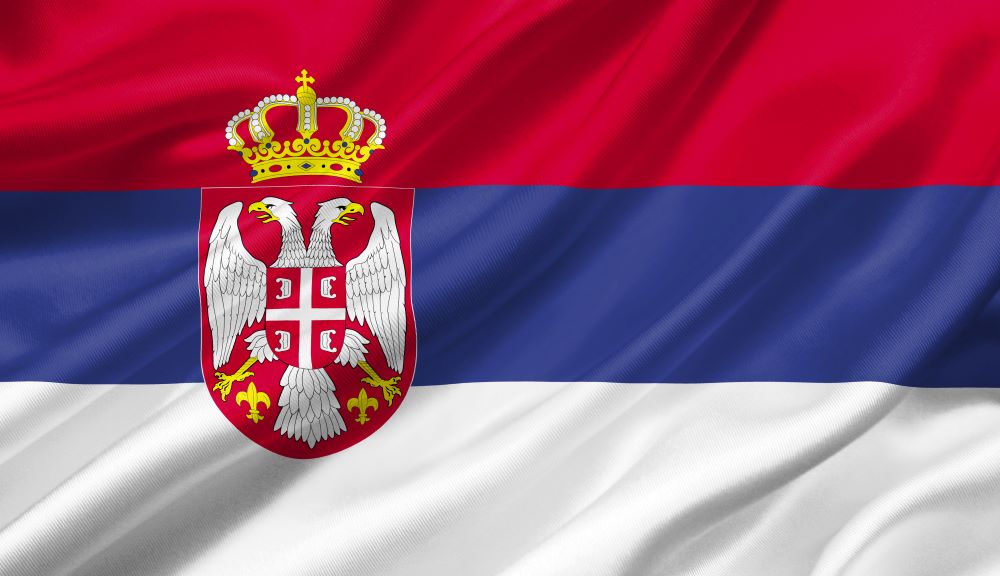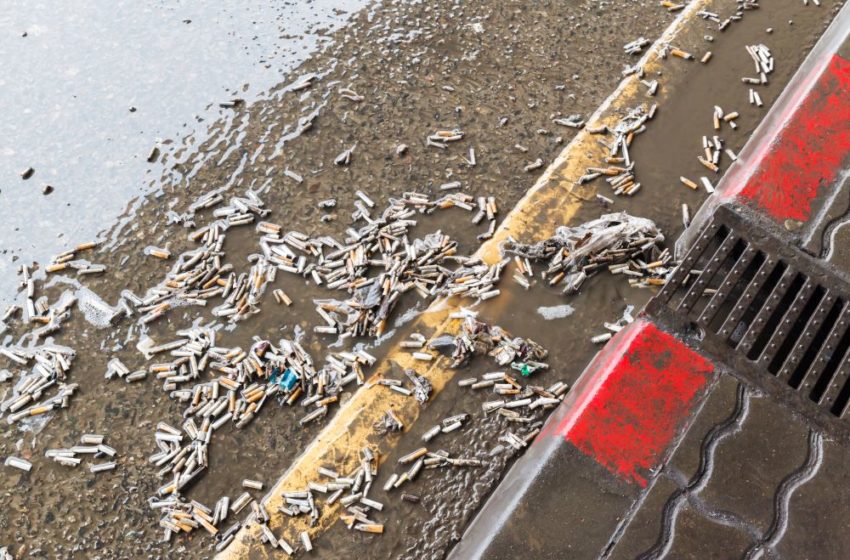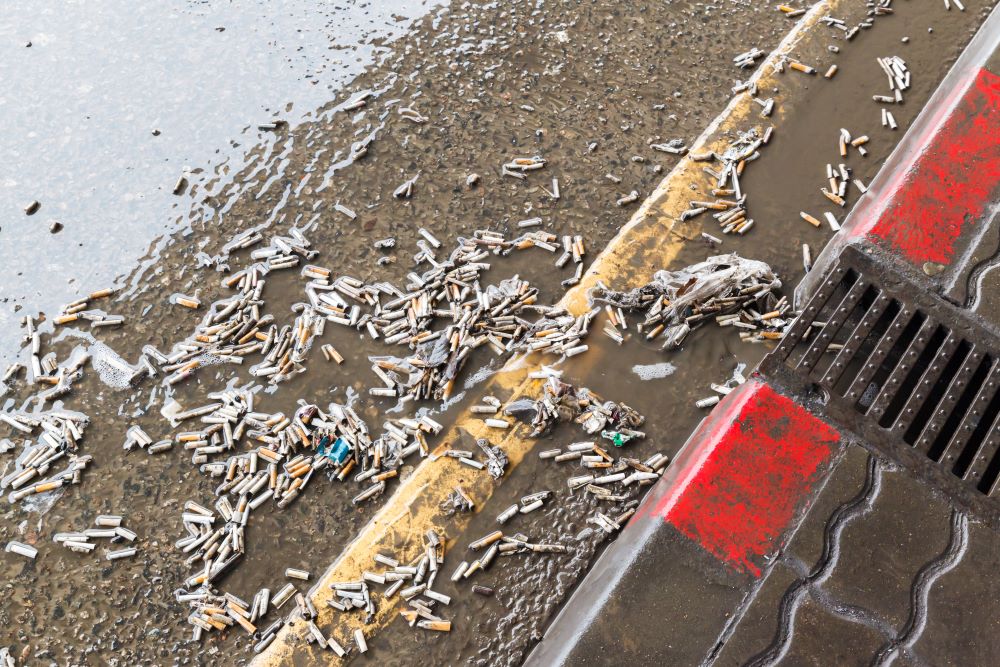School suspensions (stand-downs) have increased in New Zealand since 2020, driven by smoking and vaping prevalence among youth, according to RNZ.
“Breakdown of the smoking or alcohol category indicates that the number of stand-downs due to smoking has increased from 1,210 in 2020 to 2,865 in 2021,” a Ministry of Education report said. “This accounts for 59 percent of the increase in stand-down cases between 2020 and 2021.”
“The data shows that for 75 percent of [the] increase in stand-downs from 2020 to 2021, smoking or vaping was cited as part or all of the reason,” the report said.
While they do not want youth smoking or vaping, said Ben Youdan, Action for Smoke-Free 2025 director, they don’t want schools suspending students for it either.
“There’s plenty of evidence from other drug and alcohol use that actually excluding kids for those things doesn’t discourage them from using them and can even increase harmful use as well,” Youdan said. “That’s because it’s saying to kids, ‘you don’t belong here because of that behavior.’ Kids need somewhere to feel like they belong, and they can have safe and open and honest conversations about vaping and smoking and other substance use as well, and if the school is excluding them, it’s not creating the space to deal with it as a health issue.”
Youdan recommends discussions with those students who are using tobacco products to explain the health risks and help empower them to say no to using these products as well as offer them support to quit.
The report shows that schools suspended 15,968 students 20,980 times in 2021, which was about 2,800 more suspensions in 2021 than in 2020.
